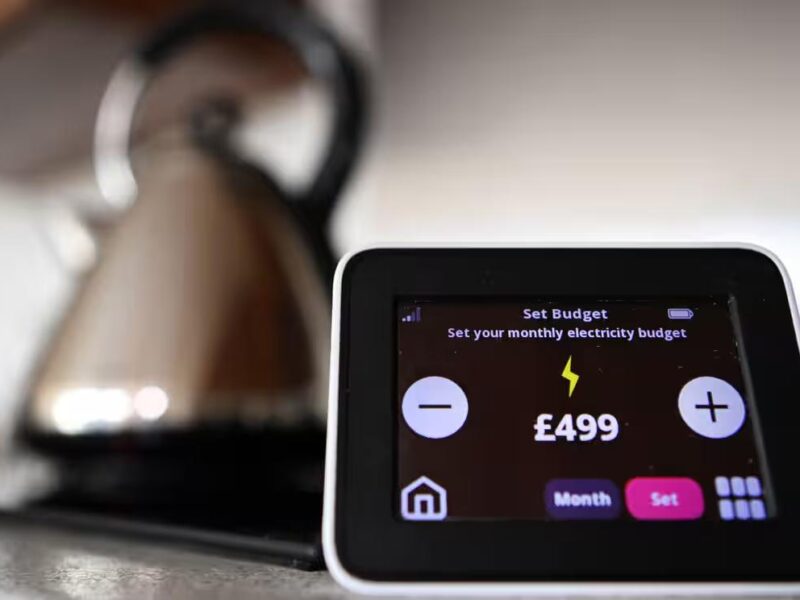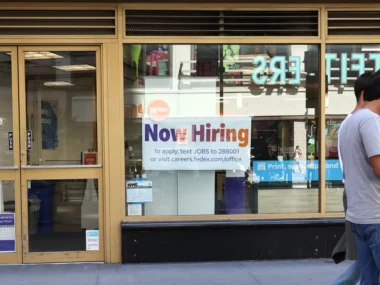Between April of next year and March of 2025, an additional payment of £1.33 per month would be charged.
The energy watchdog has proposed ideas that would result in people paying an additional £16 on top of their energy bills to assist suppliers in recovering around £3 billion in bad debts from customers who are unable to pay their bills.
The one-time extra charge, which will be levied at £1.33 per month on bills paid between April next year and March 2025, was announced by Ofgem to “protect the market and consumers” after figures revealed that energy debt had reached a record £3 billion.
The degree of bad debt, which refers to the amount of money owed by customers that is unlikely to be returned realistically, has risen as wholesale energy costs have risen and the greater cost of living crisis has put pressure on household finances.
“We know that cost of living pressures are hitting people hard, and this is evident in the increase in energy debt reaching record levels,” said Tim Jarvis, Ofgem’s director general for markets.
“The record level of debt in the system means we must take action to make sure suppliers can recover their reasonable costs, so the market remains resilient, and suppliers are offering consumers support in managing their debts.”
Ofgem, the UK’s energy regulator, stated that this one-time step would be less expensive for customers than forcing suppliers out of business.
When wholesale energy prices began to climb in 2021, and then skyrocketed following Russia’s invasion of Ukraine last year, approximately 30 energy enterprises went bankrupt.
According to Ofgem, this resulted in an additional £82 fee for every UK energy user to cover the costs of ensuring that families were not turned off.
The energy industry, consumer groups, and the general public will be consulted on the plan, according to the regulator.
“The proposals set out today are not something we take lightly,” Jarvis told reporters. “However, we believe they are required to address this issue.” This strategy will ensure that costs are adequately recovered without penalizing a certain group of clients.”
Customers that use prepayment meters (PPM) will not face any additional expenses under the proposed proposal. Because they employ a top-up method, PPM consumers do not accumulate the same amount of debt as credit customers.
According to Ofgem, other business sectors already “commonly make provisions” for bad debt charges in their prices, and the energy sector could do so under the price cap mechanism to ensure these costs were “recovered as fairly and efficiently as possible.”
The energy price cap, or the regulated cost of the average annual dual-fuel bill in the United Kingdom, has reduced from £2,500 to £1,928 as of January 2024.
“The price cap has helped to protect consumers from a volatile gas market,” Mr. Jarvis added. “However, it remains a blunt instrument in a changing energy sector, and the way it works may need to change in the future, so customers continue to be protected.”
Campaigners slammed the move, claiming that energy firms continue to make billions of dollars in profits while many consumers struggle to pay their bills.
“This outrageous tax on energy consumers is simply not fair,” said Simon Francis, the End Fuel Poverty Coalition’s organizer. “Energy suppliers have already made billions of dollars this year, while millions of people live in cold, damp homes.” The unprecedented amounts of energy debt are the result of Britain’s failing energy system, not the fault of the poor.











